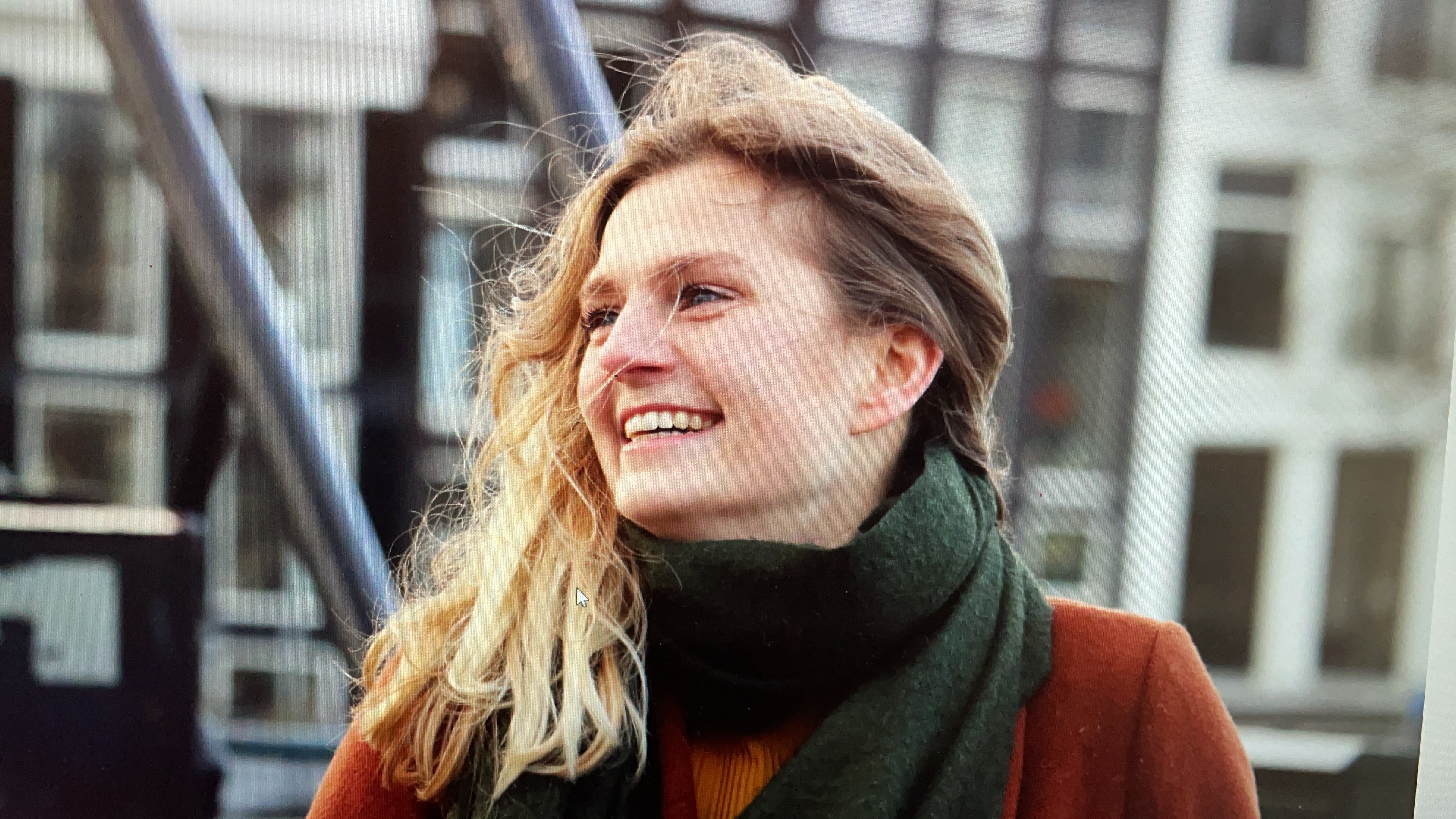IDAHOBIT
Quo Vadis LGBTQ+ Representation in Politics?

On 17 May, the International Day against Homophobia, Bi-, Inter- and Transphobia (IDAHOBIT), people around the world commemorate 17 May 1990, the day on which homosexuality was removed from the ICD-10 diagnosis code of the World Health Organisation (WHO) and was officially no longer considered a disease. However, LGBTIQ+ people are still prosecuted in 69 countries, and in 11 countries they are even threatened by death penalty. The lived reality of the LGBTQ+ community world wide ranges from discrimination to state authorities being involved in their repression, denying them any protection from hostility and violence. Europe is no exception, as developments in Member States like Poland and Hungary have shown over the past years. ILGA Europe's Rainbow Europe 2021 Map reveals the widespread and almost complete stagnation on human rights of LGBT+ people.
We talked to Carline van Breugel (27). She is on the candidate list of the Dutch parliament for D66 and only three seats away from entering parliament. During her campaign, she spoke up about LGBTQ+ safety and prejudices that the community deals with. As an openly pansexual woman with a transgender partner, she often encounters prejudice and wants to therefore play a role in breaking taboos and normalising sexual diversity.
How Would You Assess the Situation of the LGBT+ Community in Europe Today?
I think there is a lot of work to do, to make Europe a safer space for the LGBTQ+ community. Discrimination of people, based on who they are or whom they love, is according to the Rainbow Europe ranking, an every-day occurrence in more than half of the European Member States. The fact that my boyfriend (who is a transgender man) and I have to be picky about what EU countries we do or do not visit is illustrating for the situation of queer people in Europe.
Why Is This Cause So Close to Your Heart and What Are Your Goals?
I want to raise awareness about the LGBTQ+ community and in how many different sizes and forms it comes. This is why during my campaign for the Dutch parliament my boyfriend and I were very open about our queer relationship. As we look like a hetro couple, we did not have to, but we felt the need to show that people like us are also part of the spectrum. As a pansexual woman there is a big stigma about being pan/bisexual and whether you’re 'gay enough'. That’s why I also felt the need to draw some attention to that.
If I get to join the Dutch parliament in the future, I will do everything I can to share the community’s view on queer topics. I will work to make the Netherlands a place where you do not have to get 'out of the closed' anymore and a place where it is every-day business to ask someone about their pronouns. After that, I would love to share this experience in the European space.
What Are the Main Challenges for LGBTQ+ People in Politics?
Because there is an underrepresentation of people from the LGBTQ+ community in politics, our voice is not heard in the daily debates. Debates about multi-parenting and gay marriage but also about safety in general which (as we know) of course involves a queer aspect. If we have a seat at the table, we can be part of all conversations that touch upon LGBTQ+ rights. The fact that in a lot of EU countries it is not safe to be openly gay will however make it hard to find openly queer representatives.
This is where projects like the Rainbowplatform come in and why they are so important. They help queer people in politics to get a seat at the table and to help them to deal with the discrimination that they will inevitably face. I respect their work very much!
What Can Be Done to Achieve Equal Representation of LGBT+ People in the Political Sphere?
First and foremost, we need to support each other and each other's ambition. It is not easy to speak up about wanting to run for parliament. So if queer people speak up about it to you, motivate them! Next up, I think we need to offer them training in campaigning and sharing your message. Thirdly, I think we have to put (online) discrimination of queer parliament members on the agenda continuously. We can also hold the party that we vote for accountable to include queer representation on their candidate list for elections, and of course we can promote and vote for queer candidates. Another thing we can do, is learn from good practices. According to the Rainbow Europe ranking, Malta is the most LGBTQ+ friendly country in Europe. I would love to go there and talk to the queer community to find out what they do differently and what we can all learn from them.
Learn more stories of powerful women worldwide rising above the ride and classic hierarchies in our Female Forward International campaign!
